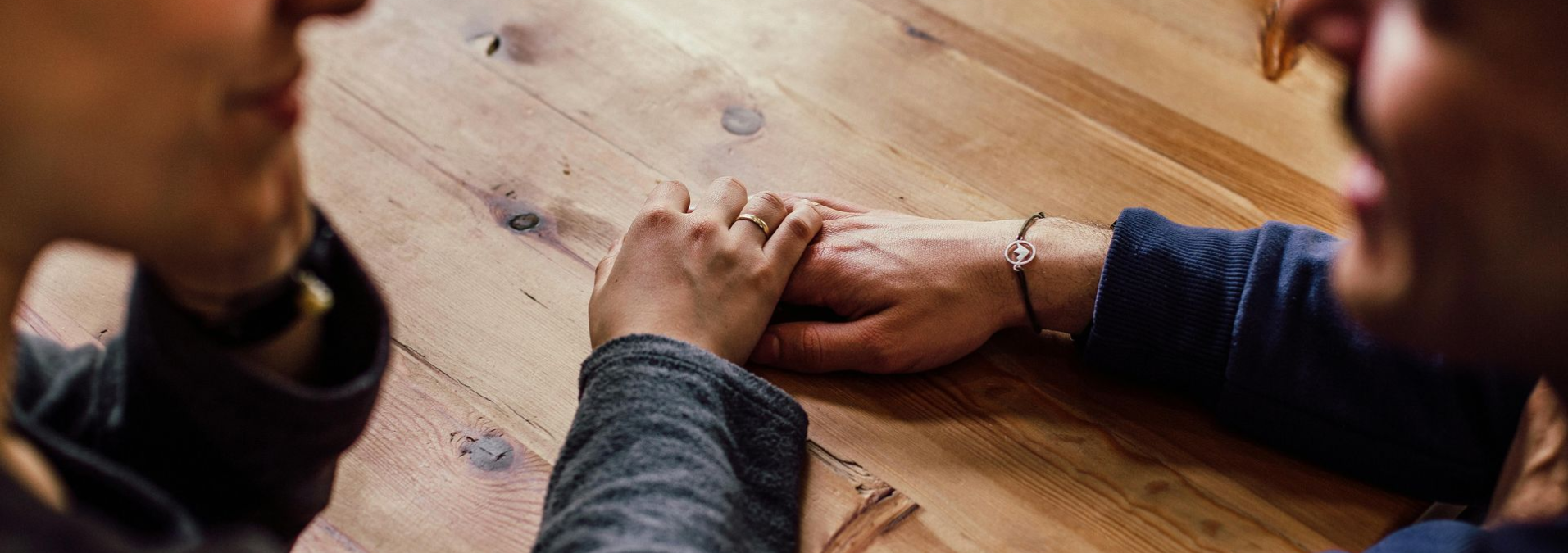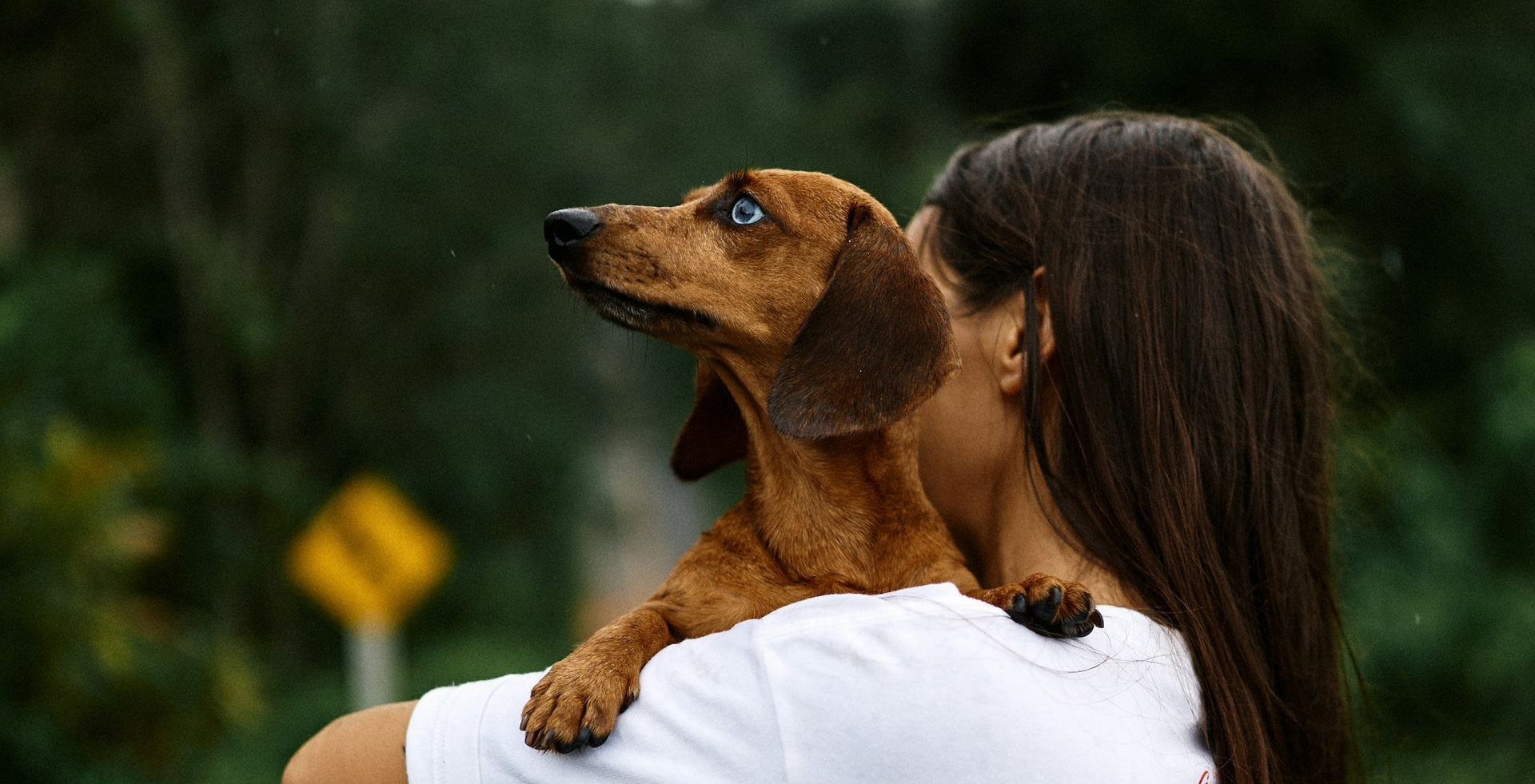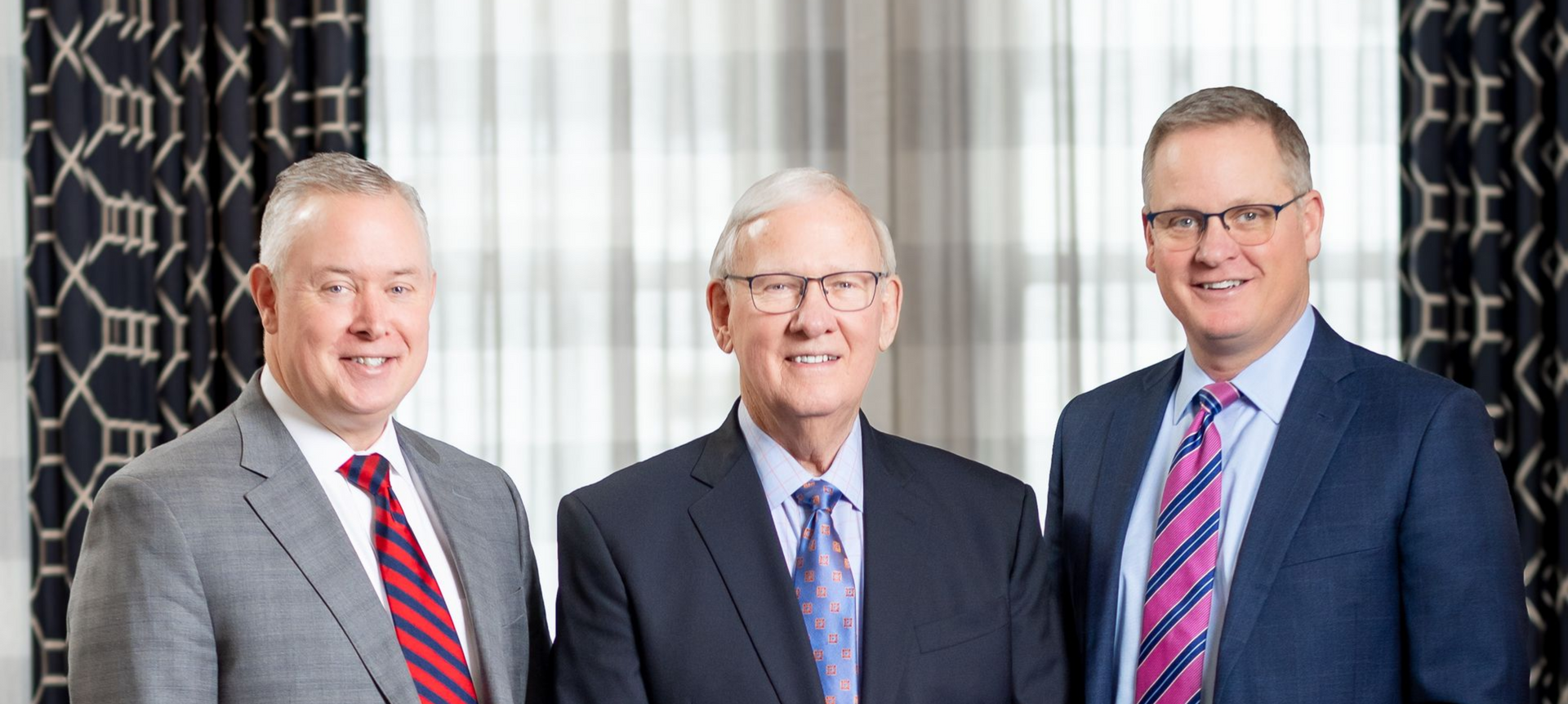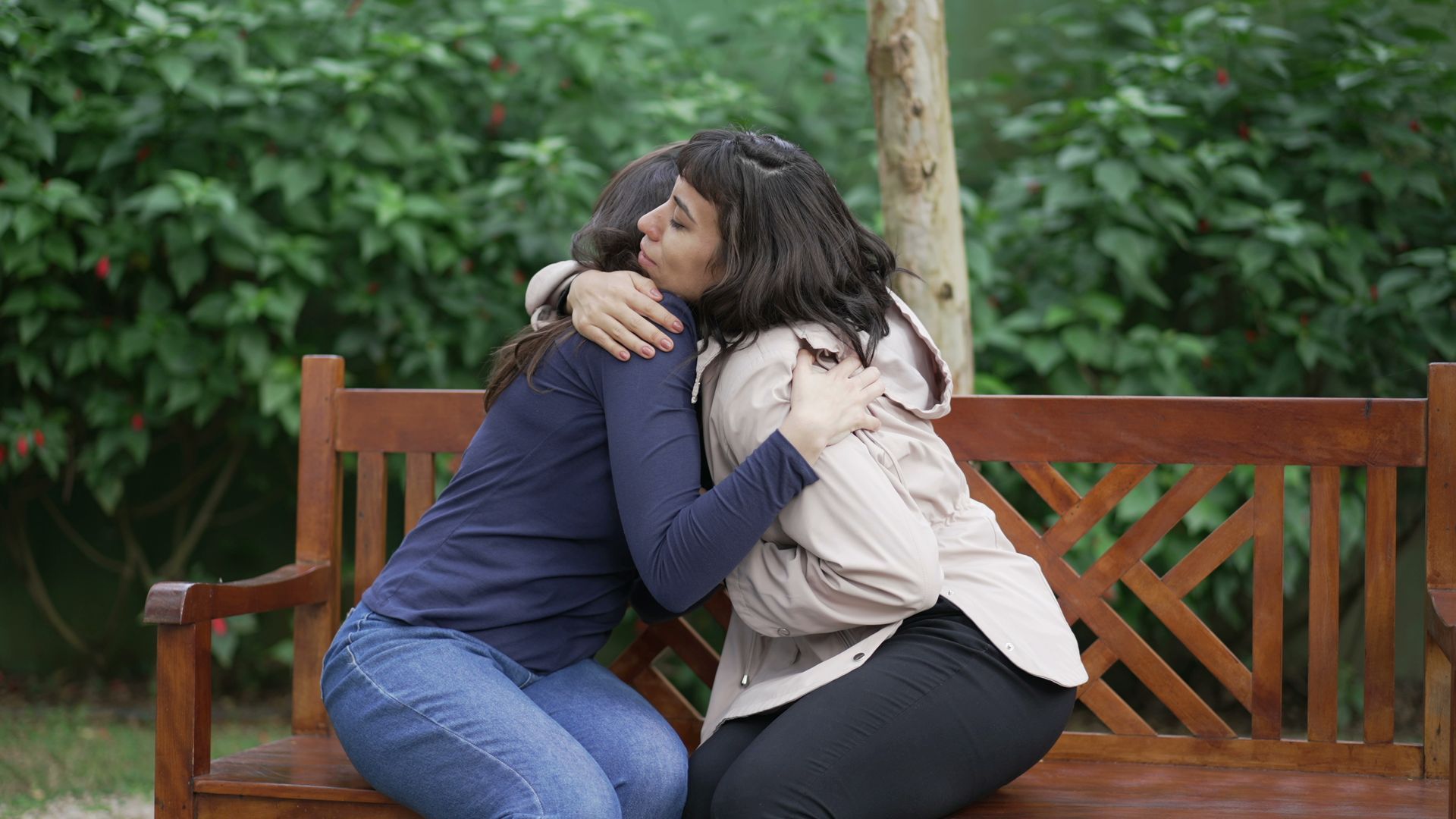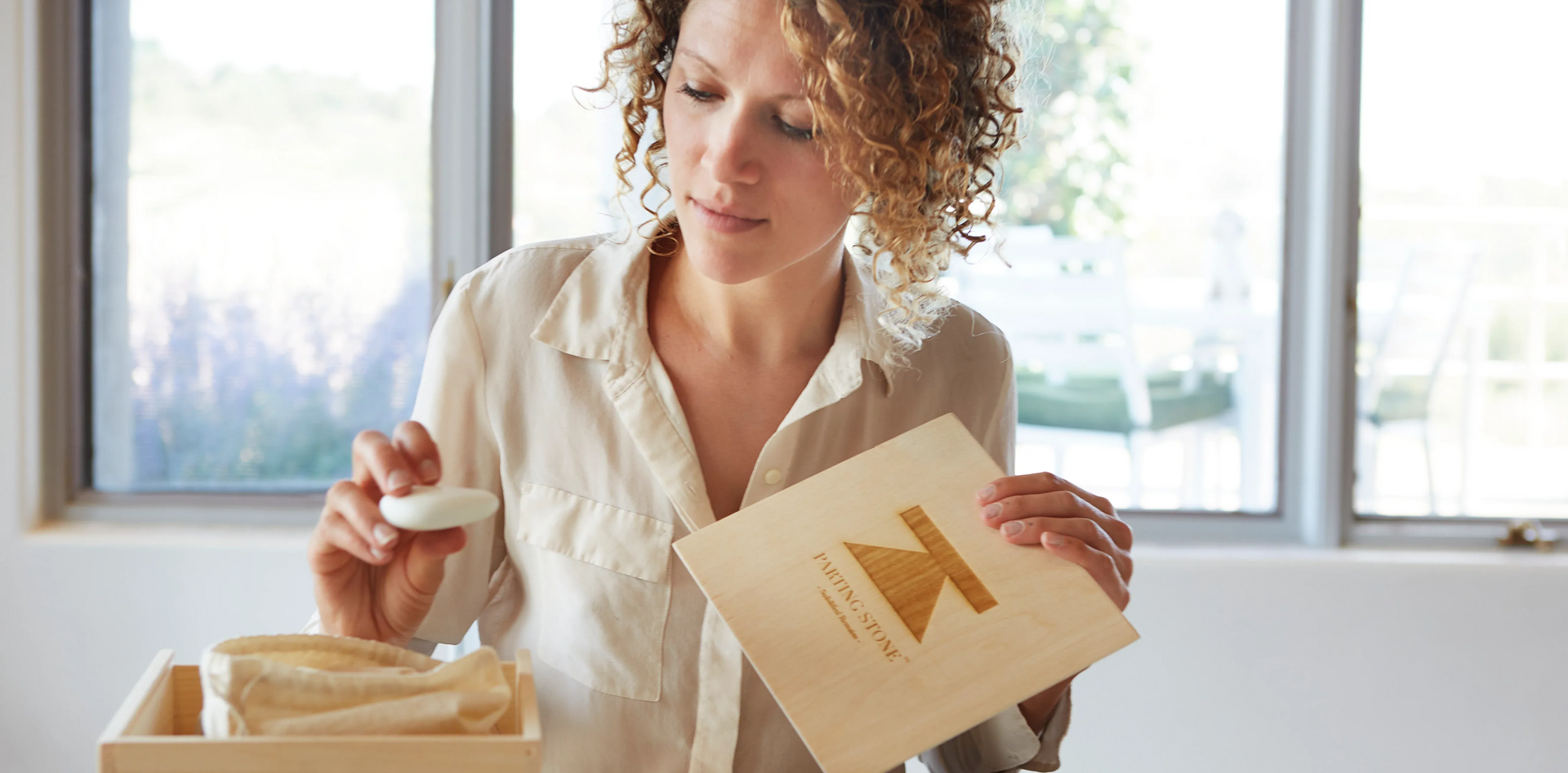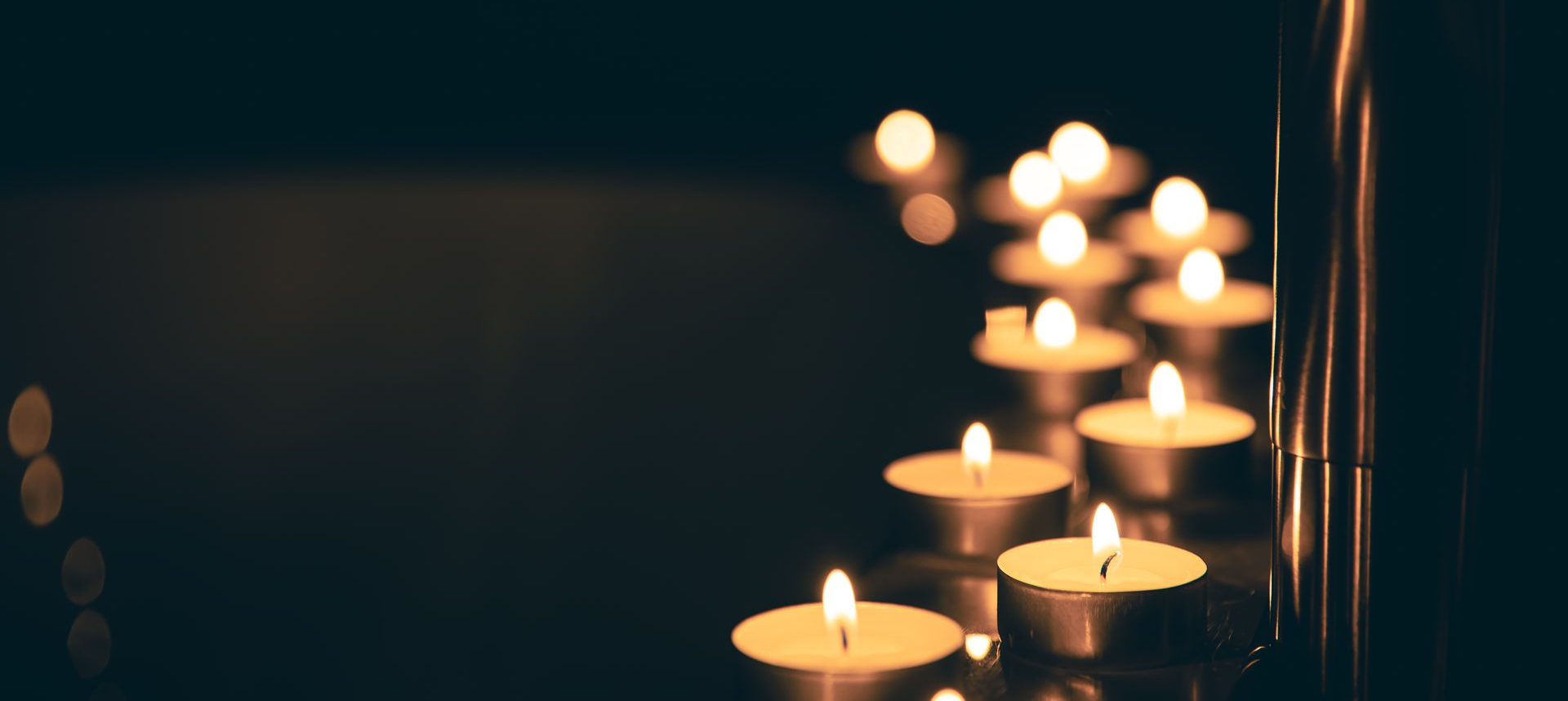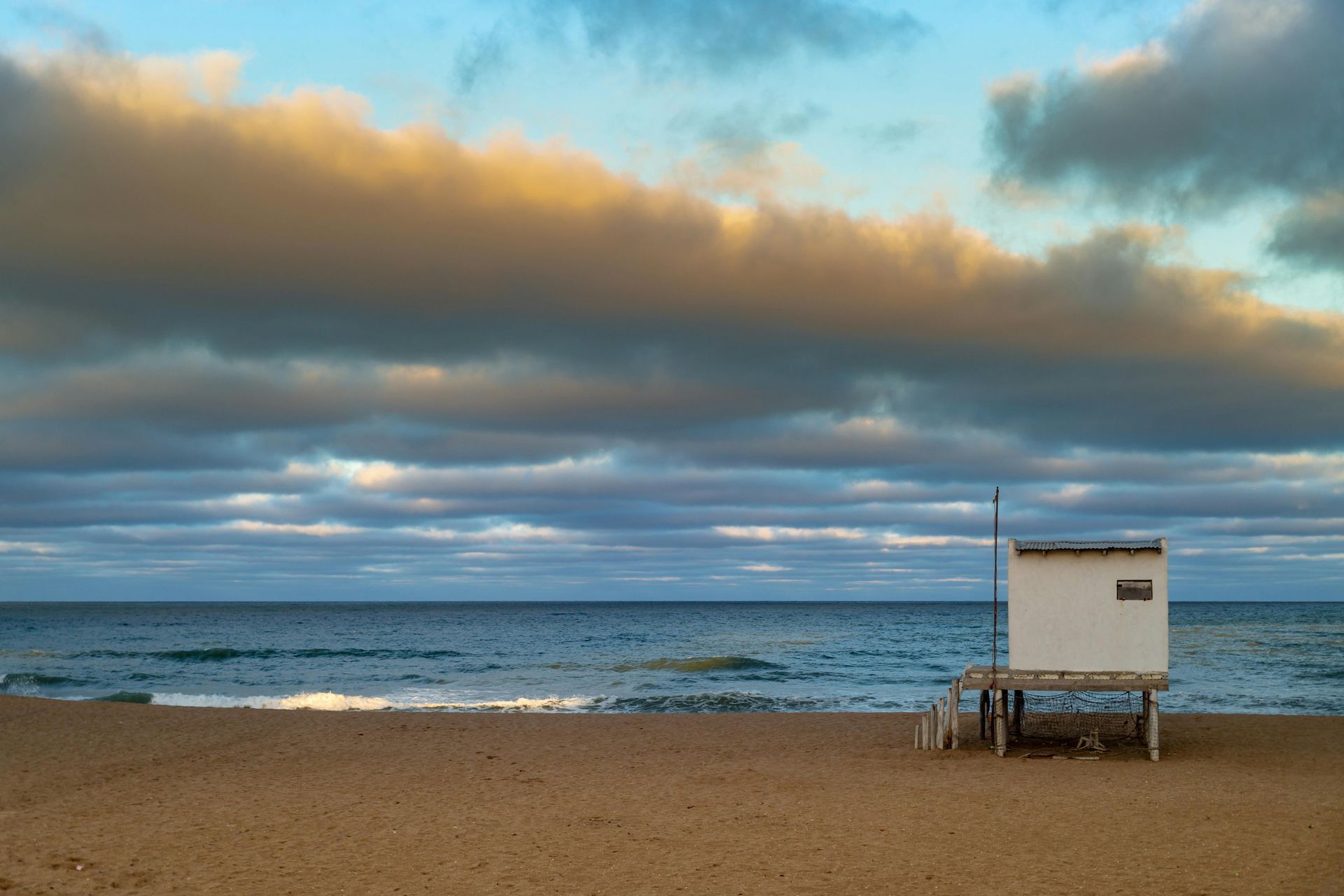Exploring Funeral Costs: 5 Ways to Plan
Exploring Funeral Costs: 5 Ways to Plan
Funeral costs can vary depending on where you live and what goods and services are selected. However, most people do not want funeral costs to become a financial burden for their surviving loved ones, especially during an emotional and difficult time. Funeral planning can help ease this burden and provide peace of mind.
“Americans as a whole tend to be uncomfortable with the concept of death. While no one looks forward to addressing end of life issues, they are a reality and are becoming more complicated as people live longer. Being prepared, especially when it comes to advance funeral planning, makes difficult situations far easier to manage,” said Joseph Reardon
, Vice President for Community Development and Advance Planning at Keohane Funeral Home.
Here are five ways to plan for funeral costs in advance:
1. Plan ahead : The best way to save money and prevent emotional and financial burdens on your family is to plan ahead. Pre-planning a funeral also guarantees that you will receive the kind of funeral you wish to have. Most funeral homes offer free advance funeral planning services, so be sure to ask to speak with a funeral prearrangement specialist. Taking advantage of this opportunity will help you understand your options, provide a written record of your wishes, and give you the option to take care of funeral costs in advance.
2. Know Your Rights : To help consumers understand the costs of funerals, the Federal Trade Commission enacted the Funeral Rule which allows patrons to choose and pay for only the goods and services they want when making funeral arrangements. The Rule also requires funeral homes to give a written price list of items and services, and it allows for comparing prices among funeral homes. The Rule does not apply to third-party sellers, such as casket and monument dealers, or to cemeteries without an on-site funeral home.
3. Pay in advance : While advance funeral planning does not require pre-payment, paying ahead of time offers financial benefits such as cost protection and assistance with public health benefit eligibility. “Many people find it helpful to get an idea of costs in advance at a time when they are not overwhelmed by emotion and can think clearly,” said Reardon. “If you choose, you can pre-pay the funeral home to be held in trust.” And, if your income and assets exceed allowable Medicaid levels, you may begin the process to become eligible under Medicaid spend down rules which allows you to subtract your medical and funeral expenses from your income in order to become eligible for Medicaid. An irrevocable funeral trust is allowed to put aside funds to pay for funeral and burial expenses which are exempt assets toward Medicaid eligibility.
4. Government benefits : Your family may be eligible to receive funeral benefits from the Unite States government. If your loved one was a veteran, they may be entitled to certain burial benefits, including monetary assistance and a free burial space in a state or national cemetery and a grave marker. This benefit also includes internment, or the opening and closing of the grave, and the perpetual care and maintenance of the state or national cemetery grounds. Spouses and dependents may be buried in a national cemetery with the Veteran. If your family chooses a private cemetery, the VA provides a headstone, marker or medallion, burial flag, and a Presidential certificate. Also, the Social Security Administration pays out a small, one-time survivor’s benefit at the time of death.
5. Consider affordable options : Cremation is becoming an increasingly popular option for final dispensation in the U.S. Because there is no need for a burial plot, casket and opening and closing of the grave, cremation can be an affordable alternative to traditional burial. However, many families who choose cremation are still choosing to have a complete funeral service, including a viewing. Another affordable option is through whole body donation, which is also a generous gift. Whole body donation goes toward aiding medical research as well as a teaching tool for medical students and surgeons. In most cases, donating your body to science can be at no cost or low cost. Most of the whole-body donation agencies cover the entire cost, including transportation of the body; permits and death certificates; embalming; cremation and return of the cremated remains.
For more information on planning for a funeral or to request a copy of our free funeral planning guide, please contact Joe Reardon at 1-800-Keohane (800-536-4263).
